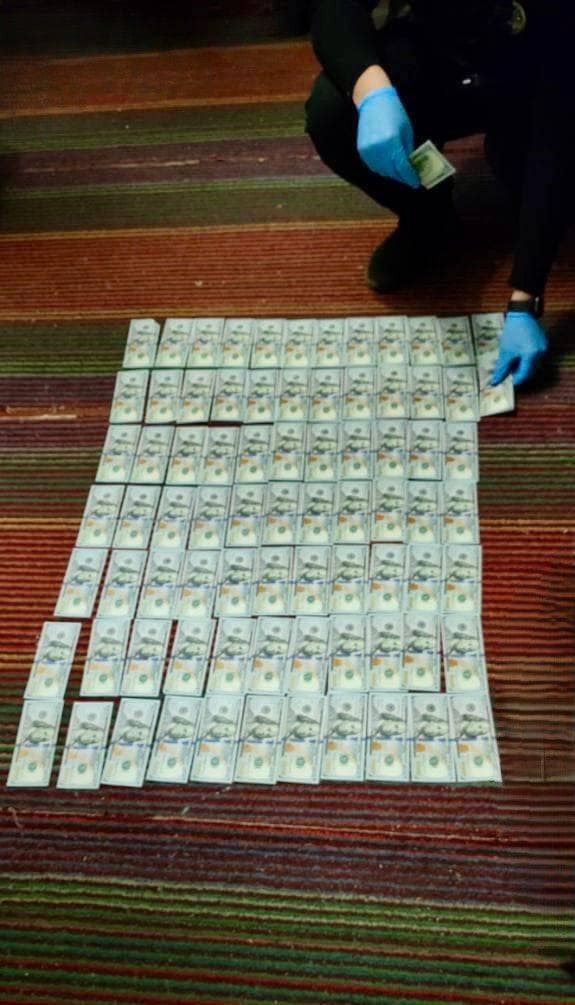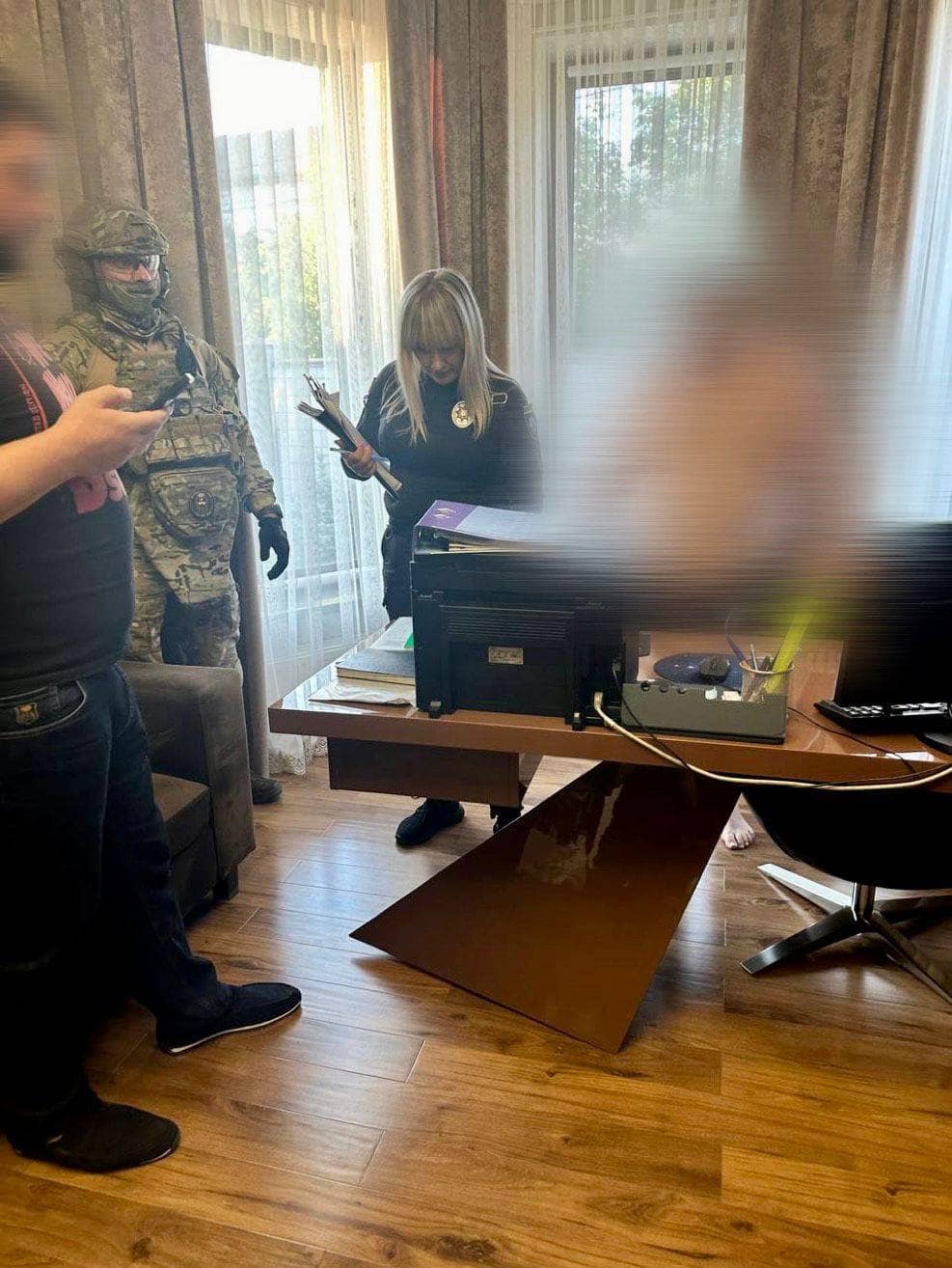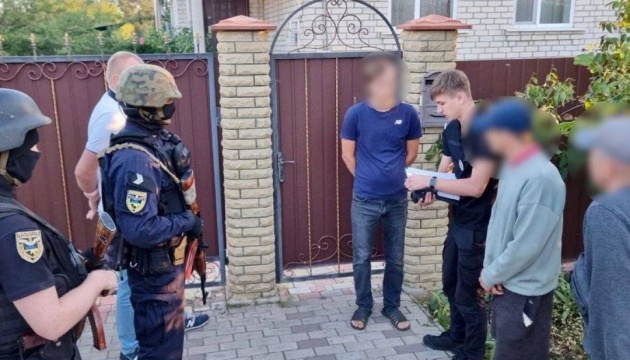Officials in Izyum, Kharkiv Oblast, are suspected of falsifying data from the eRestoration program in order to receive compensation from the state for property that was not actually destroyed by shelling.
According to Ukrinform, this was reported by Serhiy Borvinov, head of the Investigative Department of the Kharkiv Region National Police, in a Facebook post.
“In the city council, members of a committee established to help victims of Russian aggression decided to make money. To do this, they looked for potential “victims”, took documents from them and falsified everything as if their houses had been damaged as a result of enemy attacks. Local residents have been involved in this scam since last year,” the post read.

According to Borvinov, under the heading of destroyed housing, entire houses were submitted to state authorities before the invasion, as well as houses that had collapsed due to deterioration.
“The ‘victims’ then received certificates from the eRestoration program which they used to mimic purchases from relatives or neighbours, for example, and the money was then split among all participants in the scheme,” the chief of police said.

He said police were currently searching premises at available addresses and had searched the offices of staff and experts of the Ijum Military Administration, as well as the premises of the ASC.
“It’s disheartening when your comrades steal money meant for people left on the streets with no place to live. But we are already putting a stop to this cynical trade and will identify all those who are involved in and profiting from other people’s tragedies,” promises Borvinov.
According to the Press Service of the Kharkiv Regional Police Headquarters, a pre-trial investigation is underway under Articles 15(2) and 190(5) of the Criminal Code of Ukraine (attempted fraud) and is investigating the activities of the city council committee for the years 2023-2024.
As Ukrinform reported earlier, three people are on trial in the Kyiv Region for allegedly defrauding more than 1.2 million hryvnias by selling non-existent generators during the blackout.


